Collaborations
"The great aim of education is not knowledge but action"
Herbert Spencer, English Philosopher
The strategic objectives of the curriculum of the Teacher Education Program are in line with the strategic plan of the AUEB for the years 2016-2021. In particular, the main objectives of the Program are the pursuit of excellence, innovation, extroversion and the introduction of entrepreneurship into secondary education through innovative educational methodologies as well as the cultivation of values through experiential learning.
To achieve the above objectives, the Teacher Education Program of the Athens University of Economics and Business has developed international and domestic partnerships as follows:
International Collaborations
- University of Oslo, Norway - Department of Teacher Education and School Research
- Aalto University, Helsinki, Finland - Department of Art, School of Arts, Design and Architecture (ARTS)
- Stockholm University, Sweden - Department of Humanities and Social Science Education
- University of Gävle, Sweden - Teacher Education Programmes
- Heidelberg University, Germany - Institute for Education Studies
National Collaborations
- Non-Profit Association "DIAZOMA"
- Athens School of Fine Arts
- Pedagogical team "To Skasiarhio"
- Hellenic Society of Analytical Group and Family Psychotherapy
- MOKE - AUEB
- ACEin (Athens Center for Entrepreneurship and Innovation)
- "Xenophon" journal (refers to economic science on Greek secondary education.)
- Exemplary Experimental School of the University of Athens
- Exemplary Experimental School of Anavryta
- 2nd Exemplary Experimental General High School of Athens
- Zanneio Exemplary Experimental High School of Piraeus
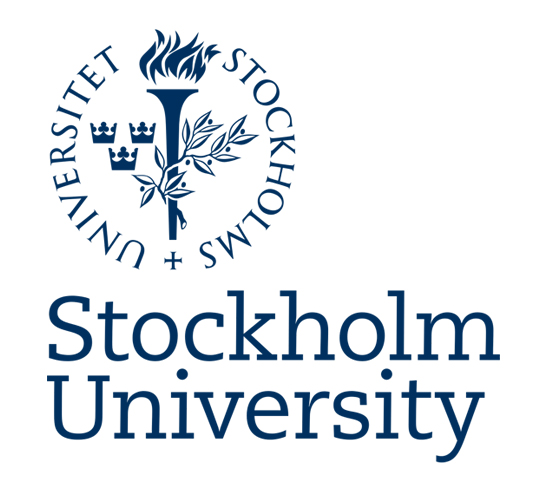
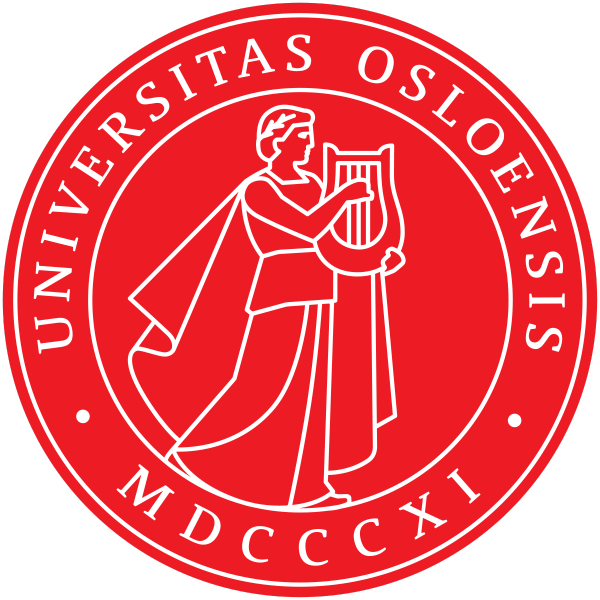
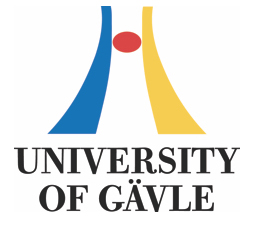

The aim of the scientific collaborations with Oslo University, Department of Teacher Education and School Research (Norway), Stockholm University, Department of Humanities and Social Science Education (Sweden), Gavle University, Department of Teacher Education (Sweden) and Heidelberg University, Institute for Education Studies, (Germany) is to promote innovation in educational research in teacher-candidate education.
From the collaborative research with Oslo University, Department of Teacher Education and School Research, the following research paper has been produced:
Scheie, J., Brinia, V. (2017). Leadership in Classroom and the Ancient Greek Culture: An innovative pedagogical approach, International Journal of Multidisciplinary Research and Development, 2(4), 67-71.
The aim of the scientific collaboration with Aalto University, School of Arts, Department of Art (Helsinki) and the Athens School of Fine Arts is to connect art with educational practice and present exhibitions with educational themes. From the collaborative research with the Aalto University, Department of Art and the Athens School of Fine Arts, the following research paper has been produced:
Brinia, V.,Giannimara, R., Psoni, P., Stamatakis, G., (2018). Teacher Education through Art: How to Teach Social Sciences through Artwork –The Student-Teachers’ Views, Global Journal of Educational Studies, 4(1), 57-68.
The strategic objectives of the curriculum of the Teacher Education Program are, among other aspects, the introduction of entrepreneurship in secondary education through innovative educational methodologies. The aim of the scientific collaboration with "DIAZOMA" is to support the voluntary educational actions in the field of the holistic cultural management of monuments for sustainable development and its use in education. MOKE and ACEin are involved in the project and the aim of this collaboration is to approximate the educational activities of the Program to the field of education, entrepreneurship and cultural heritage in terms of entrepreneurship and innovation. This collaboration includes acquiring the necessary theoretical basis for the preparation of a comprehensive business plan in the field of cultural management of Greek monuments by the students of the program. Through a series of joint educational activities of the two institutions with the Program, students working in groups have the opportunity to be taught the development of a cultural business plan in collaboration with NGO DIAZOMA and to discuss both the technical details and the achieving their innovative ideas in relation to their work on sustainability and the sustainable development of a geographical area centered on its monuments.
This approach concerns on the one hand: a) the linking of the cultural heritage of the country with the business sector, which is expressed through the philosophy of the Cultural Routes and Archaeological Park Programs proposed by DIAZOMA, and on the other hand (b) to promote and enhance the entrepreneurship that can emerge through the Creative Industries, the products that can be produced through them and their connection to the "Experience Economy". This emerging pattern of economic activity is based on the creation of "intangible" value, which enriches traditional products and services. These goods are linked to fields such as the environment, tourism, agri-food, museums, theme parks, etc.
Another specialized team is working on Action consisting of accredited secondary education economists led by Mr. George Tziros, who is an economist, President of "XENOFON" magazine - who has been awarded as one of Europe's leading entrepreneurial masters.
The aim of the Program's collaboration with the pedagogical team "To Skasiarhio" is to introduce the students to the techniques of C. Frené's Pedagogy. Students have the opportunity to discuss with the experienced Science team the application of Frené's techniques in educational practice, to work in groups to develop Frené's techniques that could be applied to the subjects they teach and to collaborate on practicing Frené's techniques in schools with teachers who apply those techniques in their schools.
The purpose of the Program's collaboration with the Hellenic Society of Analytical Group and Family Psychotherapy, which was founded 40 years ago by psychiatrist, psychoanalyst and group psychotherapist Matthew Yosafat, aims at the emotional growth of the students. The partnership of the Program with the Company was launched in 2012 through lectures and discussions by Mr. Matthew Yossafat with the students of the Program on the problems of adolescents and their psychosexual development. Mr Yossafat says that "No one should become a teacher without having passed through psychotherapy for at least one year, individually or in groups, including in his training." Therefore, working with the scientific team of the Company seeks to achieve the necessary condition for the success of a teacher who understands oneself and one's "blind spots".
In group therapy, each member receives feedback from others on how they view him or her and the "blind self" elements come to the surface. Through feedback, members become better witnesses of their behavior and learn to evaluate the impact of their behavior on the feelings of others.
Thus, through experiential participation in the action, students are encouraged to take responsibility for themselves and their behavior and to realize their responsibility as teachers in the pedagogical relationship with their students.
COLLABORATION WITH EXPERIMENTAL HIGH SCHOOLS
Partnership Agreements between the Teacher Education Program and the Experimental High Schools in Attica have been signed. Exemplary Experimental High Schools are public educational institutions that have been evaluated by the Ministry of Education in terms of teachers' formal qualifications and scientific presence, the school's participation in innovative activities as well as social offer, infrastructure and experience in the assessment of the teaching process.
Law 3966/2011 introduced anew the Exemplary Experimental Schools (EES), at which students are enrolled through passing written examinations. The main goals of the EES’s are:
(a) ensuring public, free and high-quality education for all,
(b) the promotion of educational research,
(c) the Practicum in Teaching of students,
(d) supporting the objective of creativity, innovation and excellence,
(e) the experimental implementation of new management models, new curricula and other educational material.The written partnership agreements between the Teacher Education Program and the Zanneio Exemplary Experimental High School of Piraeus, the 2nd Exemplary Experimental High School of Athens, the Exemplary Experimental High School of Anavryta and the Exemplary Experimental High School of the University of Athens ensure the student-teachers' attendance in sample classes of experienced teachers in the field of economics and computer science, who afterwards follow as mentors the student-teachers' progress during their Practicum in Public Schools. In addition, the Proffessors the student-teachers of the Teacher Education Program in collaboration with the teachers of the Exemplary Experimental High Schools jointly explore in real-world conditions in the classroom, innovative approaches to didactic methodology in the fields of economics, management and computer science in Secondary Education.
The research collaboration of the Teacher Education Program with the Exemplary Experimental High Schools has generated the following scientific articles, which have been published in peer-reviewed journals:
Brinia, V., & Vikas E. (2012) Economics in Secondary education: A case study in Greece. Archives of Economic History, XXIV(1), 69-91.
Brinia V., Vikas, Ε. (2014). Innovations in the teaching methodology of the economic sciences in Secondary Education: the introduction of art in teaching "Principles of the Economic Theory" to the 3rd Class of Senior High School (Καινοτομίες στη διδακτική μεθοδολογία των οικονομικών επιστημών στη Β/θμια εκπαίδευση: Η εισαγωγή της τέχνης στη διδασκαλία του μαθήματος «Αρχές Οικονομικής Θεωρίας» στη Γ’ Λυκείου.) Nea Pedia (Νέα Παιδεία), 151, 129-144.
Brinia V., Kalogri, P., Stavrakouli K.M. (2016). A New Teaching Method for Teaching Economics in Secondary Education, Journal of Research & Method in Education, 6(2), 86-93.
In summary, in recent years, the Teacher Education Program, through its collaborations has developed, and aspires to further develop, innovative pedagogical teaching methods that include the following features:
- They cultivate key-values for the education of the prospective educators by linking teaching and education to culture as a point of reference and development of values.
- They cultivate creativity and collaboration, the mentality that there is no right or wrong and that we are taught by our mistakes without fear of failure.
- They develop skills, such as designing, searching and organizing information, excerpting information and creating multimedia presentations, finding innovative solutions to real economic, technological and social problems, creating learning multimedia objects (eg annotated video) with image, sound, and video documentation.
- They introduce the art as a creative teaching method, which develops skills, such as freedom of thought and expression, cooperation in groups, development of social participation, etc.
- The combination of the pedagogical science with the subject of expertise of each student-teacher through targeted actions to address real social problems with specific dimensions (economic, technological, marketing, etc.) in the spectrum of the theories that AUEB treats.
- The extension of the “school” environment through student-teachers visits to schools, organizations, etc. of formal and informal education as well as the business world.
- The development of innovative ideas for the holistic cultural management of the monuments of Greece for sustainable development and their use in education.
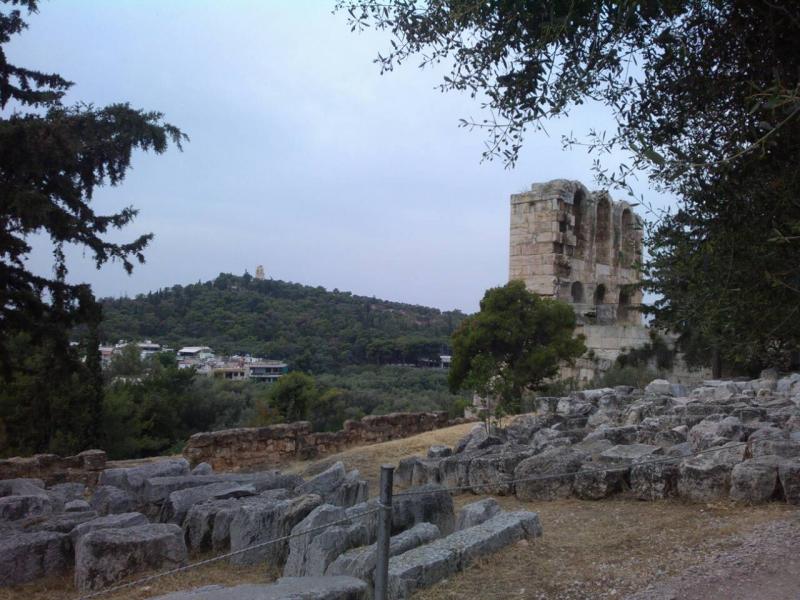



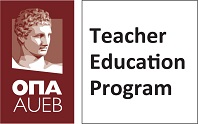

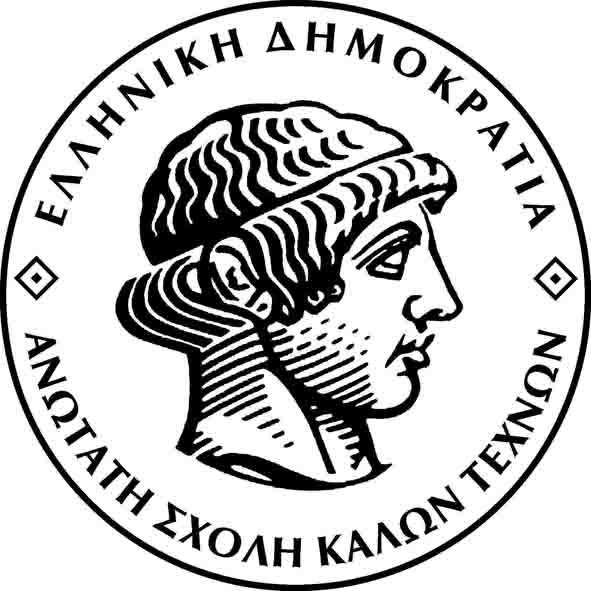



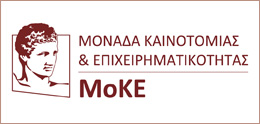
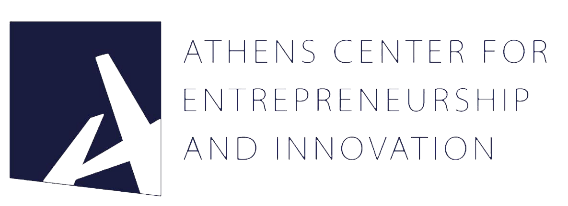

 76 Patission Str.
76 Patission Str.
